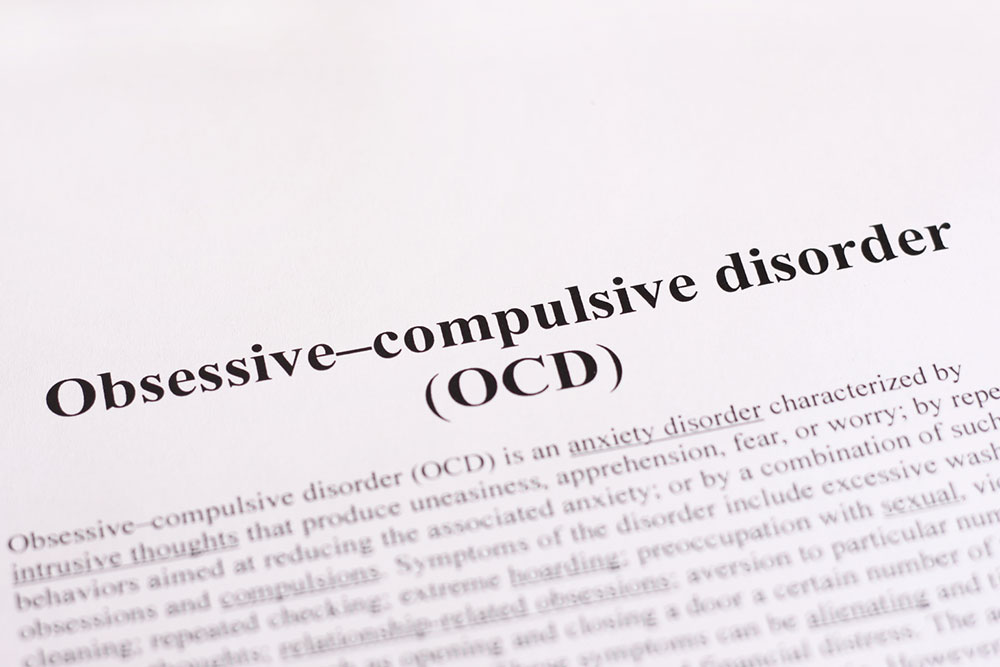
Symtoms, causes, and risk factors for obsessive compulsive disorder
A mental health disorder that affects people of all ages and walks of life, obsessive compulsive disorder (OCD) occurs when a person gets caught up in a cycle of obsessions and compulsions. Obsessions are the unwanted, intrusive thoughts, urges, or images that trigger intensely distressing feelings. Compulsions are the behaviors that an individual engages in to attempt to get rid of the obsessions and/or decrease their distress.
At some point in their lives, most people have obsessive thoughts and/or compulsive behaviors, but that does not always mean that they all have “some OCD”. In order for a diagnosis of OCD to be made, the cycle of obsessions and compulsions becomes so extreme that it consumes a lot of the individual’s time and it also gets in the way of the individual’s important activities, which are valuable.
Symptoms
Many people suffering from OCD know that their thoughts and habits don’t make any sense. They do not perform them because they enjoy them, but because they are unable to quit. And even if they stop, they feel so bad that they end up starting again.
Many different things can be involved in obsessions and compulsions like a need for order or cleanliness; intrusive thoughts about sex, body parts, religion, and violence; and hoarding.
Obsessive thoughts can include:
- Fear of germs or getting dirty
- Constant awareness of blinking, other body sensations, or breathing
- Worrying about getting hurt or others getting hurt
- Believing that certain numbers or colors are good (lucky) or (bad) unlucky
- Need for things to be placed in an exact and proper order
Compulsive habits can include:
- Washing hands continuously or many times in a row
- Fear of touching doorknobs, shaking hands, or using public toilets
- Performing tasks in a specific order each and every time or a certain “lucky” number of times
- Putting items in exact and proper order, like cans with their labels facing the front
- Repetitive checking on a locked door, light switch, shut window, and other things
- Need to count things like steps, tiles, or bottles
Causes
The precise cause of OCD is not fully known or understood. Some of the main theories are:
- Biology – OCD may be a result of changes in the body’s own natural chemistry or brain functions.
- Genetics – It may have a genetic component, but the specific genes have yet to be identified.
- Environment – Some environmental factors like infections are proposed as a trigger for OCD, but more research is still required.
Risk factors
There are certain factors that can increase the risk of developing or triggering OCD, they are:
- Family history – Having parents or other family members with OCD can increase an individual’s risk of developing OCD.
- Stressful life events – If one has experienced traumatic or stressful events, their risk for suffering from OCD may increase. This reaction can, for some reason, trigger the intrusive thoughts, emotional distress characteristic, and rituals of OCD.
- Other mental health disorders – Sometimes, OCD can be related to other mental health disorders like anxiety disorder, tic disorders, depression, or substance abuse.




